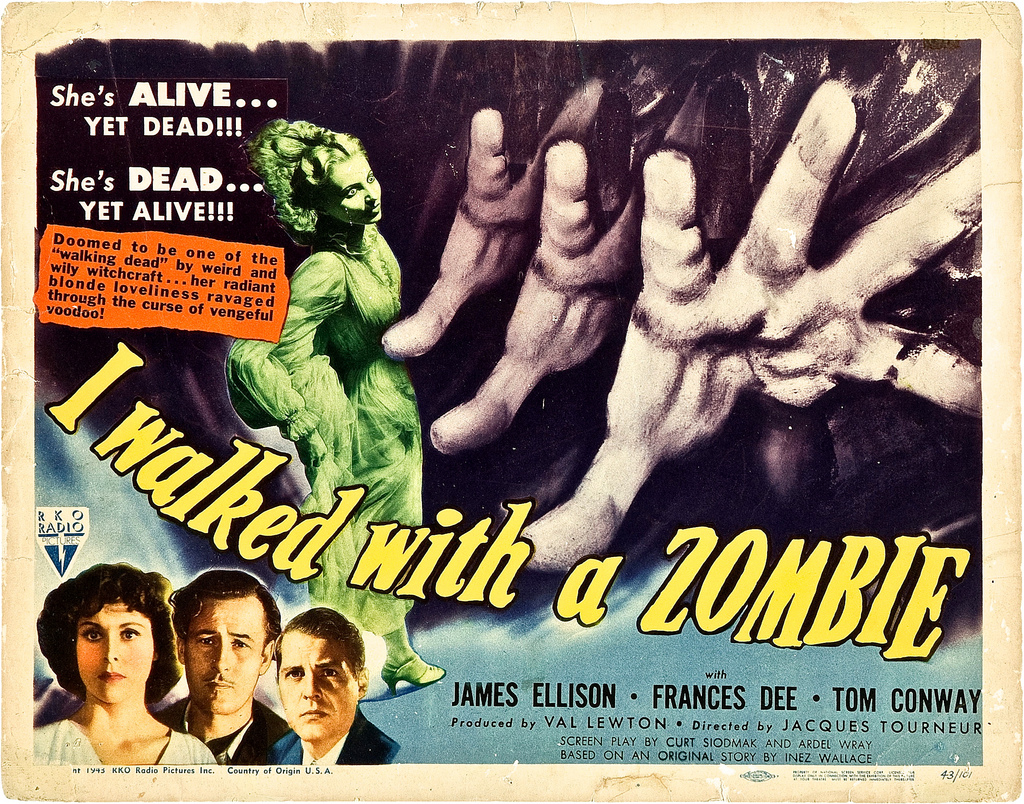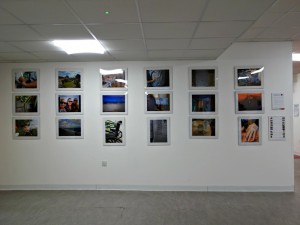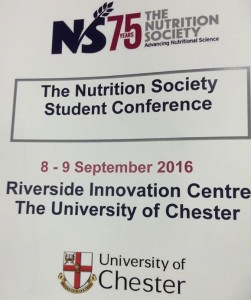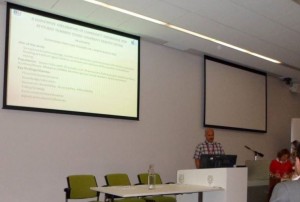on behalf of Richard Wallis, Faculty of Media & Communication, Bournemouth University.

There’s something reminiscent of the zombie in the UK’s policy for education about media. To the surprise of many, media literacy is enshrined in law (Communications Act 2003), and Ofcom has a statutory responsibility to ‘promote’ it. But media literacy as imagined by the policy makers who put it into statute, is long dead. The stalking corpse that is occasionally identified as such, is likely to be one of a rag-bag of policy priorities that have, from time to time, inhabited and reanimated the cadaver.
This is the conclusion that David Buckingham (Loughborough University) and I have come to after an extensive examination of media literacy policy in the UK since the end of the last century. Having previously described its policy’s journey into legislation, this new article explores what has happened since, looking particularly at how Ofcom came to define it, and ultimately, how the elasticity of this term came to be its undoing. We argue that over time, media literacy has been progressively reduced in scope, and in the process, its broader educative purpose has become marginalized. Today, if not altogether dead, the policy is governed by entirely different priorities to those imagined at its birth – the gloomy fate of the undead.
Richard Wallis & David Buckingham (2016): Media literacy: the UK’s undead cultural policy, International Journal of Cultural Policy, DOI: 10.1080/10286632.2016.1229314.
Article available at :http://eprints.bournemouth.ac.uk/24724/


 From 12 September, the Centre for Excellence in Learning (CEL) is holding a photo exhibition in Poole House, next to the Cash Office. This exhibition is part of the ‘Students who bounce back’ project, a study funded by Bournemouth University’s Fair Access Agreement Management Group. The study is being conducted by researchers at CEL, in co-production with student carers*.
From 12 September, the Centre for Excellence in Learning (CEL) is holding a photo exhibition in Poole House, next to the Cash Office. This exhibition is part of the ‘Students who bounce back’ project, a study funded by Bournemouth University’s Fair Access Agreement Management Group. The study is being conducted by researchers at CEL, in co-production with student carers*.


 Public Health England has launched a
Public Health England has launched a  On Wednesday, 19th October 2016, BU’s Global Engagement team (as part of the new Research Knowledge Exchange Development Framework) will be facilitating a Sandpit event on Global Challenges, attended by staff from the DFID and other organisations.
On Wednesday, 19th October 2016, BU’s Global Engagement team (as part of the new Research Knowledge Exchange Development Framework) will be facilitating a Sandpit event on Global Challenges, attended by staff from the DFID and other organisations.














 BU attendance at third annual GCPHR meeting in June
BU attendance at third annual GCPHR meeting in June Interactive Tangible and Intangible Heritage Applications – BU student work featured in new book chapter
Interactive Tangible and Intangible Heritage Applications – BU student work featured in new book chapter Second NIHR MIHERC meeting in Bournemouth this week
Second NIHR MIHERC meeting in Bournemouth this week MSCA Postdoctoral Fellowships 2025 Call
MSCA Postdoctoral Fellowships 2025 Call ERC Advanced Grant 2025 Webinar
ERC Advanced Grant 2025 Webinar Horizon Europe Work Programme 2025 Published
Horizon Europe Work Programme 2025 Published Horizon Europe 2025 Work Programme pre-Published
Horizon Europe 2025 Work Programme pre-Published Update on UKRO services
Update on UKRO services European research project exploring use of ‘virtual twins’ to better manage metabolic associated fatty liver disease
European research project exploring use of ‘virtual twins’ to better manage metabolic associated fatty liver disease